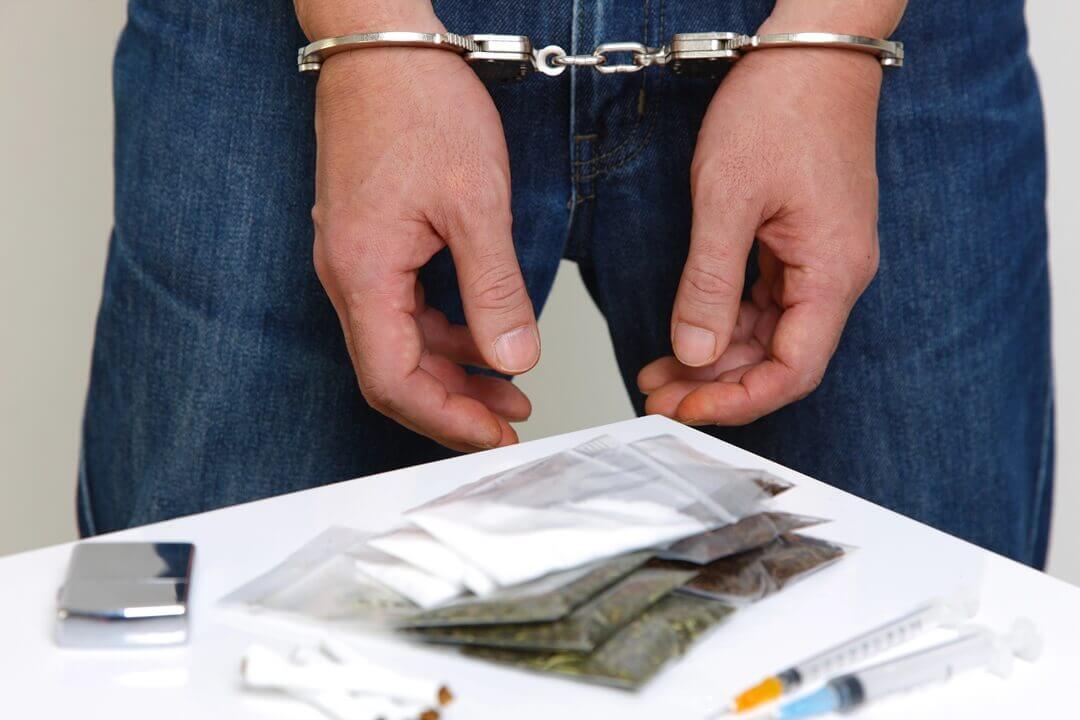Summary:
- Self-defense is legal in Texas, but it must meet strict conditions.
- If the force is excessive or the threat wasn’t immediate, jail is possible.
- Common issues include being the aggressor or misjudging the threat.
- A criminal defense attorney can help prove that your actions were justified.
- Early legal guidance strengthens your defense and protects your future.
You defended yourself or someone you care about. Now you’re facing criminal charges. It’s confusing, frustrating, and scary. If Texas law allows self-defense, why are you being treated like a criminal?
The reality is, self-defense is legal, but it isn’t automatic. Courts will closely examine what happened and how you responded. And if they believe your actions crossed a legal line, jail time is absolutely on the table, even for someone who was just trying to protect themselves.
Here’s what Texas law says about self-defense, when it applies, and how to protect yourself legally after protecting yourself physically.

What Counts As Self-Defense In Texas?
Under Texas law, self-defense means using force to stop an immediate threat of harm. That could include:
- Someone trying to attack you.
- Someone threatening a loved one.
- Someone breaking into your home or vehicle.
But for the court to accept it as a valid legal defense, you have to meet some strict standards:
Imminent Threat
The danger must be happening right now, not based on past events or vague fears about what might happen later.
Proportional Force
Your response must match the level of threat. You can’t use deadly force to stop a shove or slap.
Reasonable Belief
You must genuinely believe you were in immediate danger, and that belief has to make sense to a judge or jury based on the facts.
When Can A Self-Defense Claim Still Lead To Jail?
Even if you believe you acted in self-defense, Texas courts might not see it the same way. Here are a few common scenarios where a self-defense argument fails:
Using Excessive Force
If you responded with more force than the situation required, the court may reject your claim. For example, using a weapon during a verbal argument or continuing to strike someone after they’re no longer a threat can be considered excessive.
Starting The Fight
If you provoked the conflict or threw the first punch, you may lose the protection of self-defense under Texas law. This includes escalating an argument that turns physical.
Misjudging The Threat
Believing you were in danger isn’t always enough. If the court finds your fear wasn’t reasonable, like overreacting to someone raising their voice, you could still face assault or even manslaughter charges.
How Do Courts Decide If Self-Defense Applies?
Judges and juries look at everything:
- Was there a real, immediate threat?
- Did the other person have a weapon?
- Were you injured, or did you cause all the harm?
- Were there witnesses?
- Is there security footage or 911 audio?
Your actions, body language, and even your statements after the incident can be used to support or damage your self-defense claim.
That’s why it’s critical to have a defense attorney from the start, someone who can shape your case before the prosecution shapes it for you.
How A Criminal Defense Attorney Strengthens Your Case
You don’t have to fight this alone. A defense attorney’s job is to help you tell your story the right way and prove that your actions were justified under Texas law.
Here’s how they help:
Break Down The Law & Build A Strategy
Texas self-defense rules are complicated. Your lawyer will explain how the law applies to your situation and what evidence you’ll need to back it up.
Gather & Preserve Key Evidence
From surveillance video to medical records and eyewitness statements, your attorney will collect everything that supports your case and make sure it’s presented clearly in court.
Prove Your Actions Were Reasonable
Whether it was the way you responded, the speed of the threat, or the location (like your home or car), your lawyer will work to show the court that your reaction made sense under the circumstances.
Push Back Against Weak Prosecution Claims
If the state overcharges you or tries to ignore facts that support your side, your attorney can challenge those claims, file motions to suppress evidence, or negotiate for reduced charges or a dismissal.
Can Self-Defense Keep You Out Of Jail?
Yes, but only if the court accepts your explanation and your defense is well-prepared.
Even in clear-cut self-defense cases, prosecutors may file charges to let a jury decide. That means you could end up in jail if you don’t fight the case properly.
That’s why early legal action is so important. The sooner you have someone defending your side, the stronger your position becomes.
Charged After Defending Yourself?
You were trying to protect yourself, not commit a crime. But now the legal system is moving fast, and your future is at stake. Don’t wait to find out how bad things could get.
At Arlington Criminal Attorneys, we help people just like you: good people caught in bad situations who acted out of fear, not malice. We know the courts. We know the law. And we know how to fight for your right to defend yourself.
We’ll investigate what happened, gather the right evidence, and build a defense that shows the full story, not just the part the prosecution wants to tell.
Seek A Defense Lawyer Before It’s Too Late
If you’re being charged for protecting yourself, you need more than just an explanation; you need a strategy. And you need it now.
Call Arlington Criminal Attorneys today for a private case review. We’ll listen to your story, explain your rights, and fight to keep your record clean and your freedom intact.





